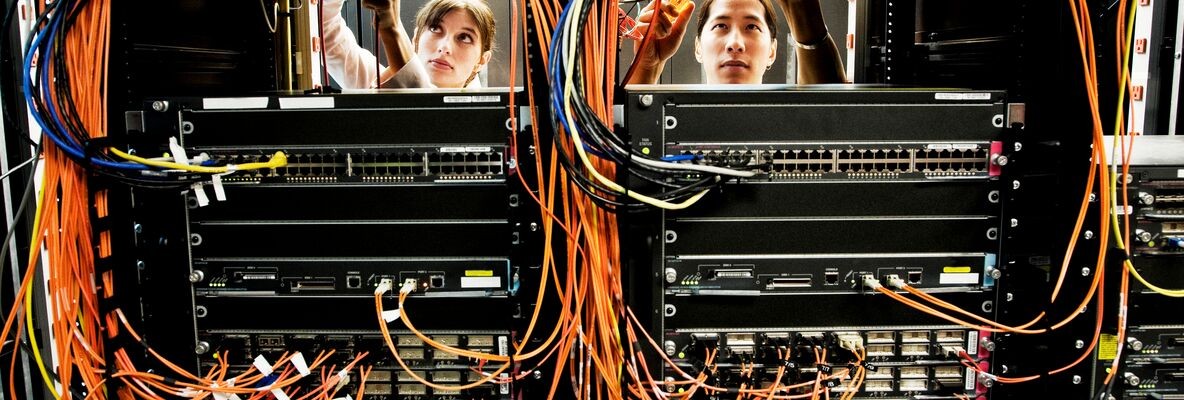European digital identity: a revolution in our daily lives
On 9 February 2023, the European Parliament's Committee on Industry, Research and Energy (ITRE) adopted its position on the proposal to update the European Digital Identity (eID) framework. With this vote, the European Union has come one step closer to a digital single market. Soon, individuals and businesses will be able to use a digital identity wallet recognised throughout Europe by all 27 national public administrations. In concrete terms, what will change in the daily life of EU citizens and residents?
With the EU digital ID Wallet, which is expected to be widespread by 2024, you will be able to authenticate yourself online without the need for commercial providers as is the case today. More secure, more reliable and more respectful of data confidentiality, this ultra-secure safe will enable you to store on your smartphone or any other digital terminal your identity papers and other confidential documents such as a diploma or a medical prescription that can be used anywhere in the European Union.
What are the advantages?
They are essentially practical. This new universal sesame will be usable everywhere in Europe, regardless of the use. It will greatly simplify administrative formalities that used to be long and tedious, such as renewing your passport, applying for a birth certificate, filling in a tax declaration, checking in at the beginning of a hotel stay or enrolling in a university in your home country or in another Member State. Your experience as a traveller will be much smoother than before. Going on holiday by plane will become child's play. Check-in and security at airports will be made easier. Once you arrive at your destination, you no longer have to queue at the car rental company's counter. You will have gathered all the elements of your file beforehand: passport, driving licence and bank card. Your rental car will be waiting for you in the car park and your smartphone can even be used as a key to open and start the vehicle.
With the European digital identity, applying for a loan from a bank will be much less time-consuming. All the numerous steps from the first appointment to the signing of the loan contract, physical meetings with the account manager, collecting all the paper documents and even repeating the operations in case of missing documents will no longer be necessary. From now on, it will only take a few clicks to select the necessary documents, stored locally in your digital wallet, create verifiable digital copies and send them securely to the bank.
Consent and data minimisation
Last but not least, the EU digital ID Wallet will respect our privacy by taking up two principles cherished by the General Data Protection Regulation (GDPR). The first is that of consent. If you decide to use the digital wallet, you will be in full control. You will be able to choose which aspects of your identity, which data and which certificates you agree to share with third parties and keep a trace of these sharing actions. The second is data minimisation. The digital wallet will only provide data that is necessary and proportionate to the intended use and will avoid you sharing an excessive amount of personal data. Let’s take a simple example. Let's say you are in a bar, you want to have an alcoholic drink and the waiter asks you if you are of age. Your digital wallet will provide proof of this without revealing your exact age or other personal information on your ID such as your name and address.
Voluntary, not mandatory use
Will we all soon be required to have a personal digital wallet? No, it will be available free of charge to all EU citizens, residents and businesses who wish to use it. You are therefore free to refuse to adopt it and there will be no penalties or sanctions for your choice. In other words, you will have the same access as others to public services, the labour market or to conducting business. Users of a European digital wallet will not have any special privileges for public and private services. On the other hand, they are likely to waste less time and energy on the various administrative and other formalities that are part of our daily lives.
03/2023
My Money
-
Big Data at the service of society

In use in all areas, Big Data has gained a prominent place within society. But how does it work?
-
Can my iPhone come down with the flu?

It's getting cold outside! It's time to put on our coats, scarves and boots. Viruses are int he air ... but waht about our smartphones?